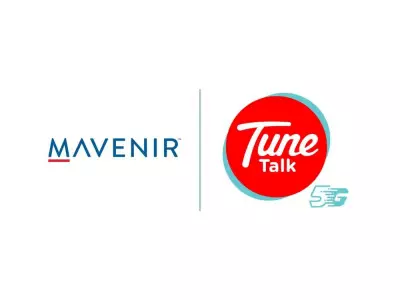
As Canadian companies increasingly mandate office returns, a prominent employment lawyer insists they should extend this physical presence requirement to the hiring process itself. Howard Levitt, partner at Levitt LLP, contends that virtual interviews—once a pandemic necessity—now pose significant risks that outweigh their convenience.
The Stark Difference Between Virtual and Physical Interviews
According to Levitt, who co-authored the analysis with Jeffrey Buchan, the distinction between meeting candidates through video conferencing platforms like Zoom versus sitting across from them in an actual office environment is profound. Legal professionals instinctively understand this difference, which is why Levitt's firm overwhelmingly prefers conducting hearings, mediations, and discoveries in person.
The human element becomes critically important during face-to-face interactions. Interviewers can observe how candidates carry themselves, gauge authentic reactions under pressure, and determine whether confidence appears genuine or rehearsed. Those subtle but telling cues—including posture, vocal tone, and physical presence—become significantly flattened when viewed through a screen.
Why Physical Presence Reveals True Character
Candidates often behave differently within the comfort of their own homes. With notes positioned off-camera and familiar comforts like a coffee mug nearby, they can project composure that might disappear upon entering an actual workplace environment. Sitting across from hiring managers in unfamiliar surroundings frequently causes professional veneers to slip, allowing employers to witness real-time professionalism—or the lack thereof.
Even the simple act of showing up provides valuable character assessment. A candidate who makes the effort to commute, find parking, and physically enter your office demonstrates commitment before even securing employment. Conversely, when applicants resist meeting in person or insist on virtual interviews without compelling reasons, employers should consider this an early warning sign about their potential reliability once hired.
The Growing Threat of AI in Virtual Hiring
Artificial intelligence introduces another compelling reason to abandon virtual interviews. Job seekers can now utilize real-time transcription tools, AI-generated prompts, and live coaching software that feeds them ideal responses while monitoring interviewers' tone and body language. Employers might believe they're evaluating promising candidates when they're actually assessing the polished output of algorithms.
Recruiters already encounter AI-inflated résumés, machine-written cover letters, and applicants whose interview performance bears little resemblance to their actual workplace abilities. In-person interviews serve as crucial defense mechanisms against hiring illusions created by technology.
Published November 11, 2025, Levitt's analysis comes as numerous Canadian employers implement return-to-office policies. The legal expert argues that if jobs demand physical presence, the interview process should reflect that requirement. While virtual interviews offer efficiency and cost-effectiveness, these advantages become dramatically overshadowed by the risks of poor hiring decisions and technological deception.






